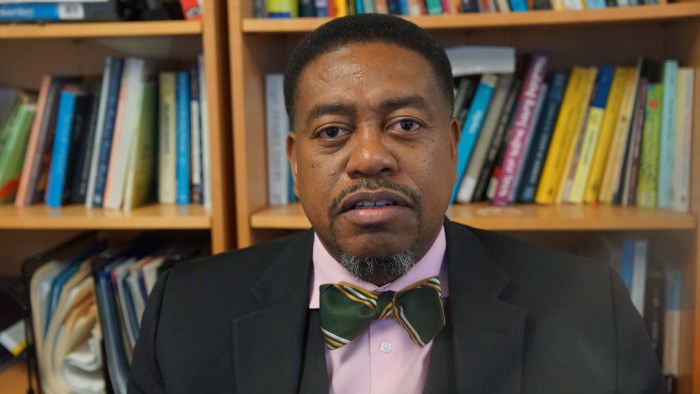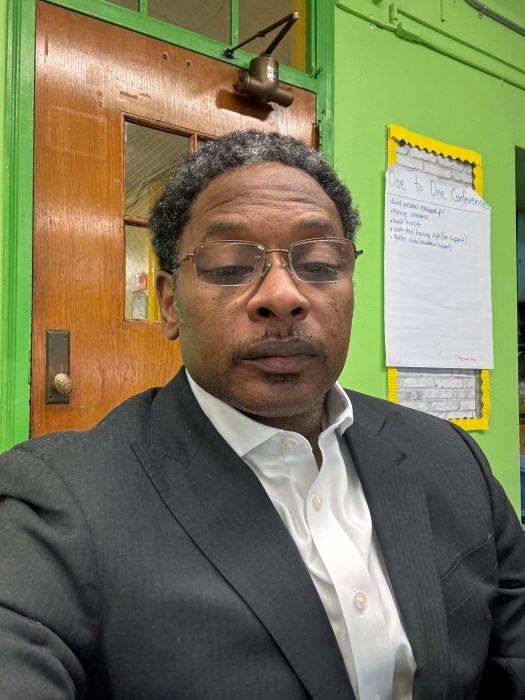If Guyanese had any lingering doubts about the governing People’s Progressive Party’s penchant for getting in bed with corrupt persons or entities, just paying attention to the latest scandal involving China Harbor Engineering Company Ltd. (CHEC), a contracting firm the PPP hired to build a new airport terminal facility and extend the main runaway at Cheddi Jagan International Airport to handle the world’s largest cargo and commercial passenger planes, would confirm their suspicions.
Last week, Guyanese taxpayers were alerted to the fact that the World Bank had slapped a 10-year bidding ban on CHEC, the state-owned Cinese firm identified as the main builder in the $138M project to modernize the Guyana airport, because of its involvement in corrupt practices in the Philippines.
The fact that locals now know that China Harbor is blacklisted was not due to the decency of Guyana government officials but rather from Jamaica’s Contractor General Greg Christie, who blew the whistle on the integrity of the Chinese firm, which has major infrastructural contracts on the island, after checking out its background.
Additionally, Guyanese only knew that their government had signed up with CHEC in the first place when a Jamaican newspaper ran the story a few weeks before last November’s general elections, triggering derision and campaign vows to cancel the deal.
Guyanese officials belatedly admitted that there was in fact an agreement because, as Works Minister Robeson Benn said, the Chinese were giving away millions of dollars in free money at a China-Caricom forum in Trinidad last fall, (and) authorities rushed to cash in but never thought for a moment about telling Guyanese taxpayers about it.
Now the Guyana oposition, Partnership For National Unity (APNU) and the Alliance For Change say they will most likely scrub the deal altogether especially now that the firm is blacklisted and if it is unclear that taxpayers aren’t getting value for their money. The two parties have a one-seat majority in parliament and whenever they get together, usually prevent government from getting its way.
Caught off-guard by all this, former president, Bharrat Jagdeo, reacted quickly from New York suggesting that the World Bank’s ban on CHEC should be taken seriously, even noting that the contract should be reviewed. Opposition critics say they are sure the project is way overpriced and that many in government had already gotten their rewards during negotiations.
The whole episode has in the meantime forced citizens to hark back to the PPP’s track record in government where money and building projects are involved.
Only when former New York Commissioner Bernie Kerik was jailed for corruption that Jagdeo and his crew walked away from a major security contract deal with him, despite prior vidence pointing to the fact that Kerik had a dubious background.
The government also got in bed with the local cocaine mafia, hiring its gunmen to take out criminal suspects and to openly and callously protect officials, from cabinet ministers to their girlfriends, while ignoring calls for morality from the opposition, media and civil society.
As well, some of the gangsters widely identified as professional hitmen — and were even prosecuted in the courts for executions, are regularly seen on guard outside the PPP’s downtown head office and even on the lawns of the State House while current President Donald Ramotar was being sworn into office in January.
For its part, the company says that, “CHEC is not involved in and has never been involved in any activity that has attracted any sanctions by the World Bank. CHEC itself has never been under any investigation by the World Bank.”
























